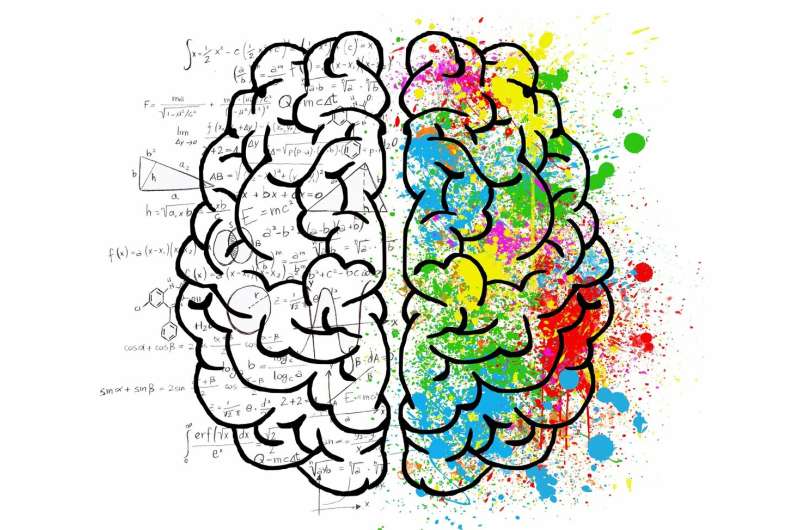New Theory Suggests Psychedelics Promote Right-Brain Dominance and Alter Brain Connectivity

A new theory suggests that psychedelics may induce a dominance of the right brain hemisphere, leading to enhanced empathy, insight, and holistic perception. Researchers explore how these substances alter brain connectivity and promote mental flexibility.
Recent research proposes that psychedelic substances may enhance the dominance of the right hemisphere of the brain, leading to increased empathy, insight, and a broader perception of the world. Dr. Adam Levin, a psychiatrist and researcher at The Ohio State University, has developed a new model called HEALS—Hemispheric Annealing and Lateralization Under Psychedelics—that explains how these drugs potentially reverse typical hemispheric hierarchies, releasing the right hemisphere from the usual inhibition by the left. This shift could account for many subjective experiences reported during psychedelic states, such as heightened creativity, emotional intelligence, and a sense of connectedness.
Levin’s proposal draws on extensive review of neuroimaging studies and his clinical observations, noting that in normal consciousness, the left hemisphere tends to focus on manipulation and detail, while the right maintains a big-picture view. Under psychedelics, there appears to be a convergence or merging of these hemispheric functions, creating a unique mode of perception where holistic thinking and insight emerge. Neuroimaging evidence supports this, showing increased activity and metabolic shifts toward the right hemisphere during psychedelic experiences.
This theory is inspired partly by the work of Iain McGilchrist, who emphasizes the different worldviews shaped by each hemisphere. Levin’s model is further supported by observations linking right-hemispheric activity with qualities such as mindfulness and emotional intelligence, which are often enhanced after psychedelic use.
Levin also highlights the potential for psychedelics to promote lasting changes in brain networks associated with mindfulness, suggesting an opportunity to improve mental health by fostering increased right-hemispheric functioning beyond acute drug effects. Although current research primarily explores therapeutic applications, Levin advocates for a broader investigation into how psychedelics influence brain asymmetry and connectivity, arguing that multiple theories are necessary to fully understand these complex processes.
This innovative approach offers a fresh perspective on how psychedelics may induce profound shifts in consciousness, with implications for mental health treatments and our understanding of brain lateralization.
Stay Updated with Mia's Feed
Get the latest health & wellness insights delivered straight to your inbox.
Related Articles
New Book Highlights the Power of Narrative Therapy for Older Adults
Discover how narrative therapy can help older adults rebuild their sense of purpose and resilience through storytelling. This insightful book offers practical guidance for practitioners working with seniors to foster meaningful life narratives.
Building Children's Well-Being Through Confidence and Control in Physical Activity
New research reveals that children's confidence, autonomy, and sense of safety during physical activity significantly improve their mental health and overall well-being. Key insights suggest shifting focus from mere activity volume to positive experiences.



